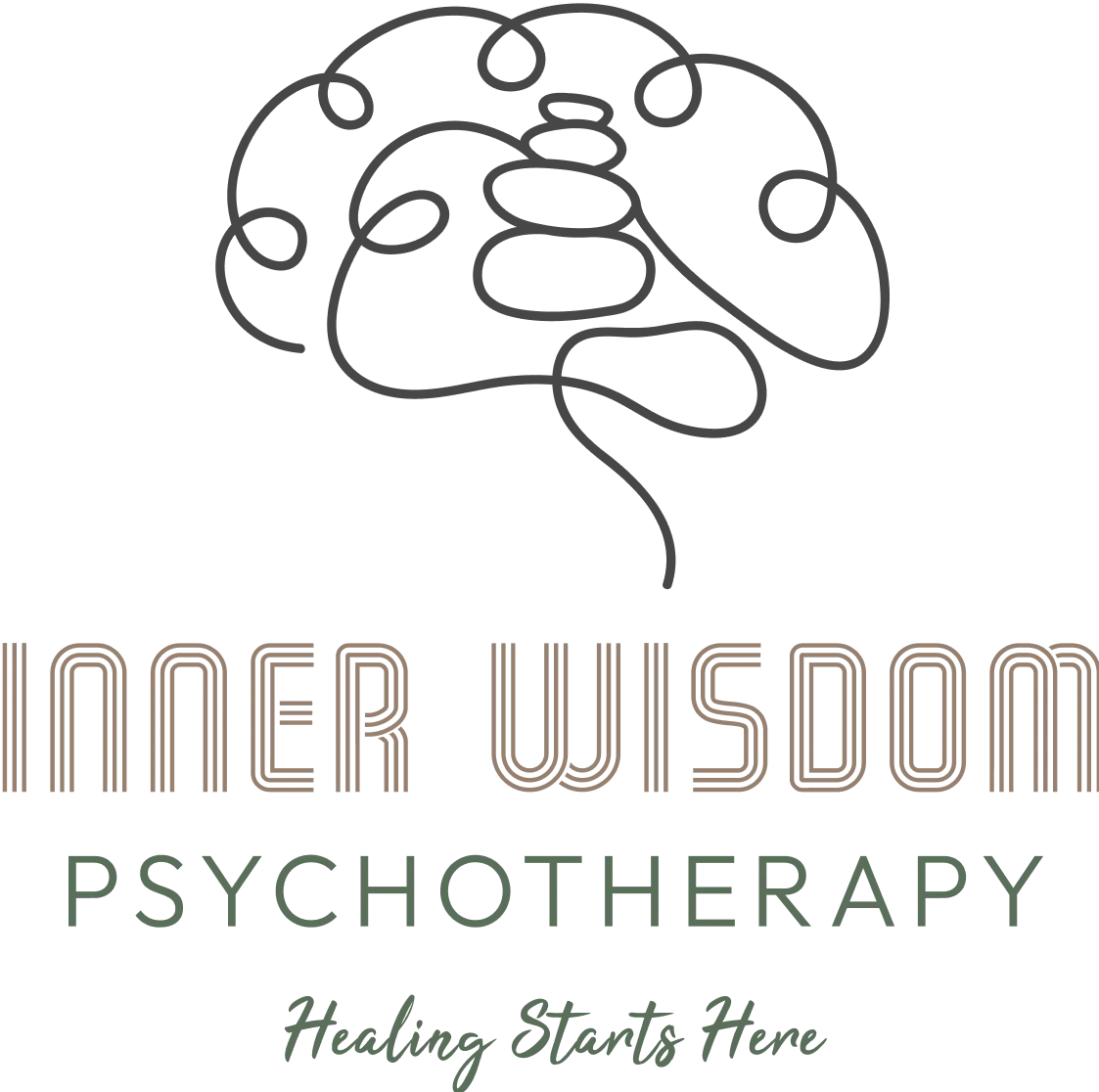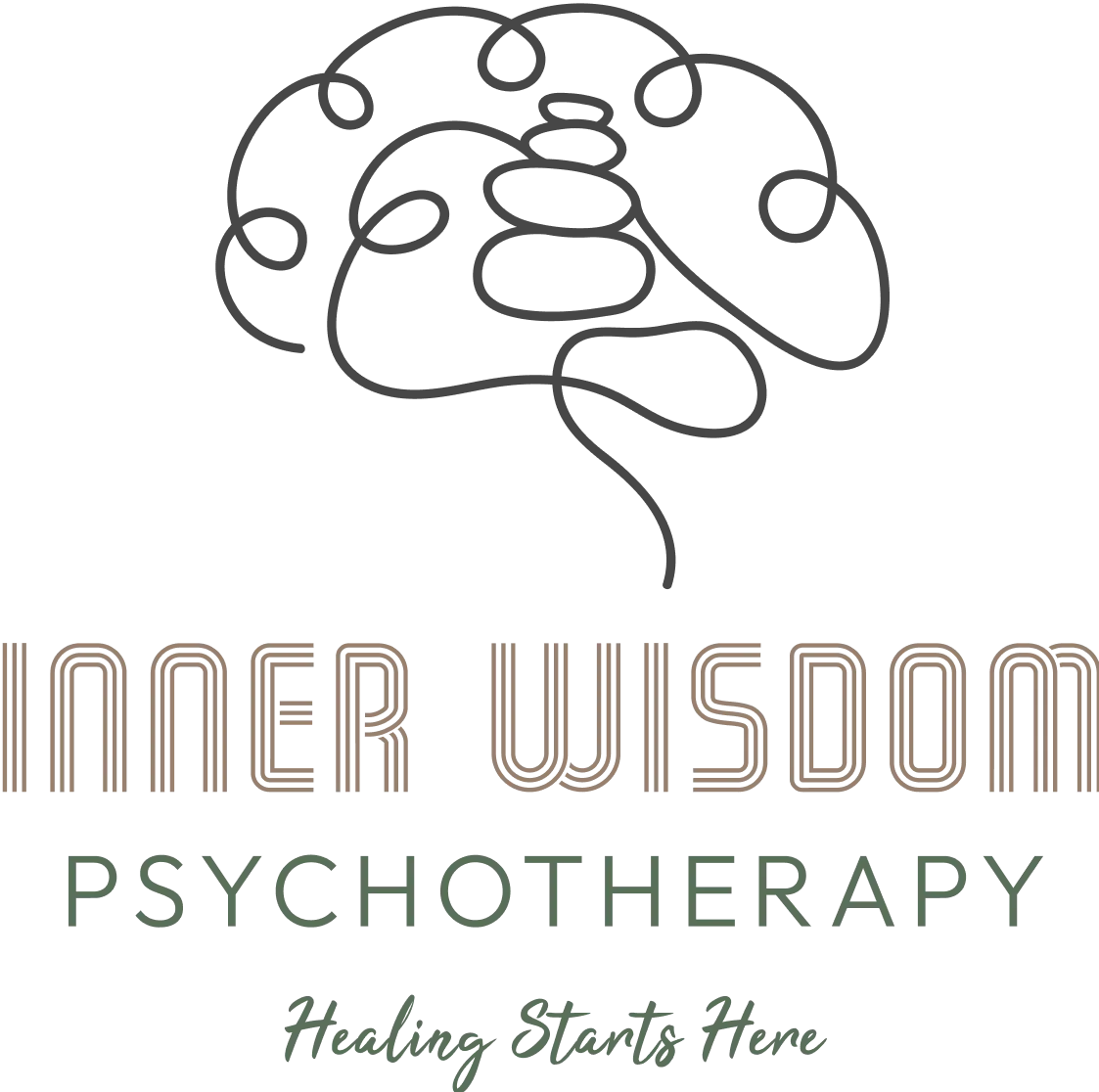
How do I Know if my Alcohol Use is a Problem?
It’s estimated that about 21% of Canadians will meet the criteria of addiction in their lifetime. You may be asking yourself if your drinking is ‘normal’. Perhaps family or friends have made comments about your alcohol use. Or maybe you are noticing alcohol use is starting to impact your health.
With different views on what ‘normal’ drinking is, and an overload of information on Google, it can be difficult to decide if your alcohol use is a problem.
So how can we determine what problematic alcohol use is? With over 20 years of experiencing treating addictions, I’ve come to see that the most reliable method to answering this question is to explore several patterns of a person’s alcohol use. As I will show you below, it’s not simply about how much or how often you drink. Instead, it’s about your relationship with alcohol and how it impacts your life when you do drink. Let me show you what I mean.
Indicators and Signs of Problematic Alcohol Use:
One of the most helpful approaches I use with clients is to explore the impacts or consequences from their alcohol use. Again, I don’t simply focus on what type of alcohol they drink, how much they drink or even how often they drink but instead explore how it’s impacting them.
Physical health impacts – How does it affect their body? Do they get the ‘shakes’ if they don’t drink? Experience withdrawal or hangovers? Have they noticed a decline in their appetite or sleep? Has the doctor told them their liver count numbers are high in their bloodwork? Are they having unsafe sex while intoxicated?
Memory impacts – Have they noticed a change in their memory, maybe its not as sharp? Do they have blackouts when drinking?
Mood and personality changes – Do they need alcohol to feel more relaxed? Do they feel suicidal or paranoid when drinking? Has alcohol made them become more depressed or pull back from friends and family? Do they get aggressive verbally or physical when drinking? End up getting into bar fights?
Work, school and legal impacts – Are they missing time from work? Taking more sick days? Being less productive at work? Received a warning from an employer and/or lost their job due to drinking? Have they been charged with public intoxication or a DUI?
Financial impacts: Are they buying more alcohol than planned? Making irresponsible financial decisions while intoxicated?
Relationship impacts – Is their alcohol use causing tension or strain in their relationships? Are family or significant others setting ultimatums about their alcohol use?
These factors show how alcohol can become a problem for a person. Again, it’s not necessarily about how often one drinks but instead, when they do drink, the above situations occur.
We can also look at how alcohol affects a person’s decision-making, sense of control or choice and overall relationship with it. For example:
Are they drinking more than planned or having a difficult time stopping and sticking to limits?
Do they think about alcohol a lot and/or experience urges or cravings to drink?
Do they continue to drink even though it’s causing problems for them?
Do they need to drink more to get the same desired effects?
These key questions look at how alcohol can make a person feel powerless or preoccupied by it.
If you were to assess your drinking, using the questions I provide above, what answers come up for you? Are you experiencing any of the above situations? Do your answers make you feel like it might be time to cut back your alcohol use or take a break from drinking? Are you worried that your alcohol use may escalate in time?
There is a lot of misinformation about substance use in society. I have had many clients tell me they thought alcohol use is only a problem if the person drinks daily or drinks the moment they wake up in the morning. This misinformation contributes to many people not getting the help they need and would otherwise benefit from.
If you are located in Ontario, Canada, and are thinking about cutting back, taking a break or stopping your alcohol use, I would enjoy talking with you about how we can make this goal possible. One of the key things I tell my clients is that when they are ready to make change to their substance use, I work with them to create a plan that feels comfortable, provides them with choices and goes at a pace that feels right. We also decide if cutting back slowly or choosing a ‘stop date’ would be the most helpful. There are many ways to get your substance use back in control and the first step is reaching out for support.
Support for alcohol-related concerns is available throughout Ontario, Canada, and you don’t have to go through this process alone.
References
Addiction Help (Retreived March 23, 2025). https://www.addictionhelp.com/addiction/canadian-statistics/#:~:text=An%20estimated%2021%25%20of%20Canadians,for%20addiction%20in%20their%20lifetime.
Cross, S. & Sibley, L. B. (2010). Assessment, discharge and treatment: Standardized tools and criteria manual helping clients navigate addiction treatment in Ontario. World Health Organization.
National Institute on Alcohol Abuse and Alcoholism (Retrieved March 23, 2025). https://www.niaaa.nih.gov/publications/brochures-and-fact-sheets/alcohol-use-disorder-comparison-between-dsm



